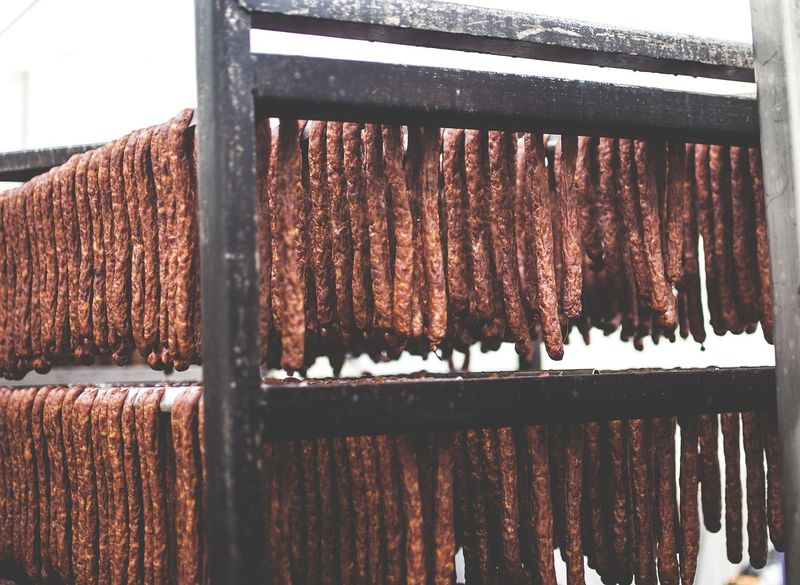
Did Early Humans Smoke Meat to Survive?
New research suggests early humans may have used fire to preserve meat nearly one million years ago—not just to cook it.
Not Just for Flavor
A team from Tel Aviv University believes our ancestors were smoking meat long before they were grilling it for taste.
Instead of just cooking, early humans likely used fire to protect and preserve large game—like elephants or hippos—from predators and spoilage.
What the Researchers Found
Archaeologists studied nine ancient sites in Israel, Africa, and Spain.
These sites were between 800,000 and 1.8 million years old.
Bones and signs of fire were found, but no signs of direct cooking (like burnt bones).
This led the team to think the fire was used for smoking and drying meat.
Why It Matters
This idea challenges the old belief that early humans only used fire for cooking.
Researchers say fire likely had two key roles:
Keeping scavengers away from big kills.
Helping meat last longer by drying or smoking it.
In other words, fire may have been an early tool for food storage, not just preparation.
A Bigger Picture
The research also ties into a broader theory:
Early humans were highly dependent on large animals for food.
When access to those animals declined, it changed how humans evolved, including where we lived and what we ate.
Final Thought
We may think of smoking meat as a modern tradition—but it might be one of the oldest survival tricks in human history.
Source: https://themedialine.org/mideast-daily-news/israeli-researchers-suggest-early-humans-smoked-meat-1-million-years-ago/
